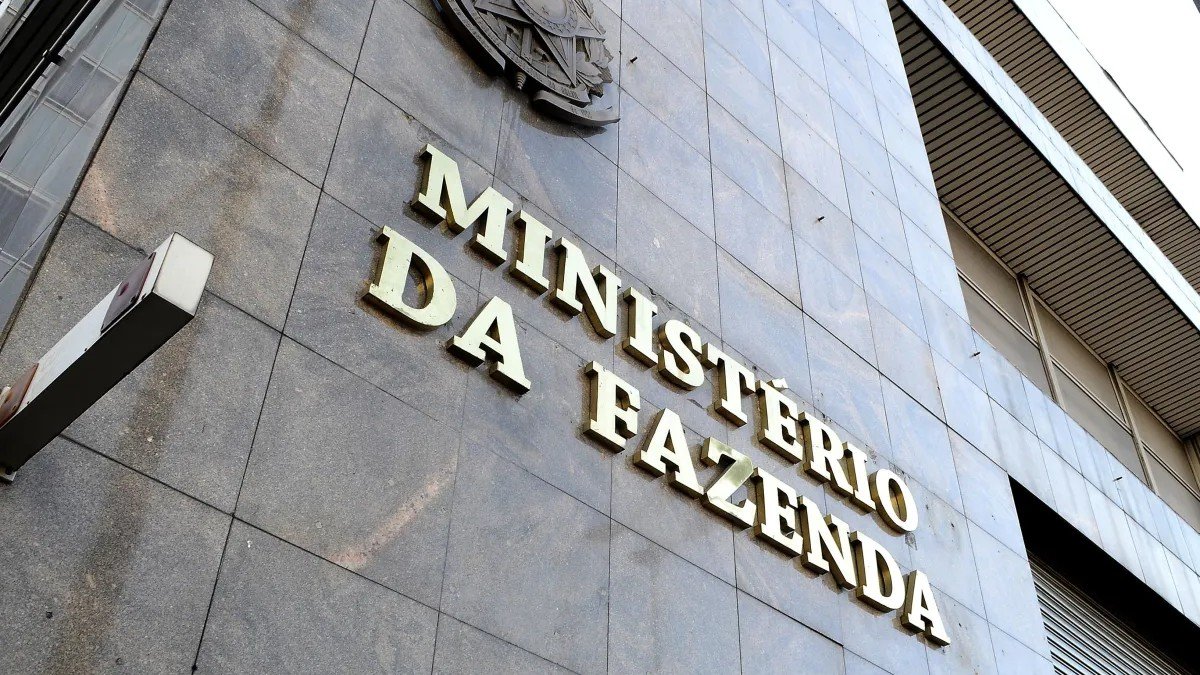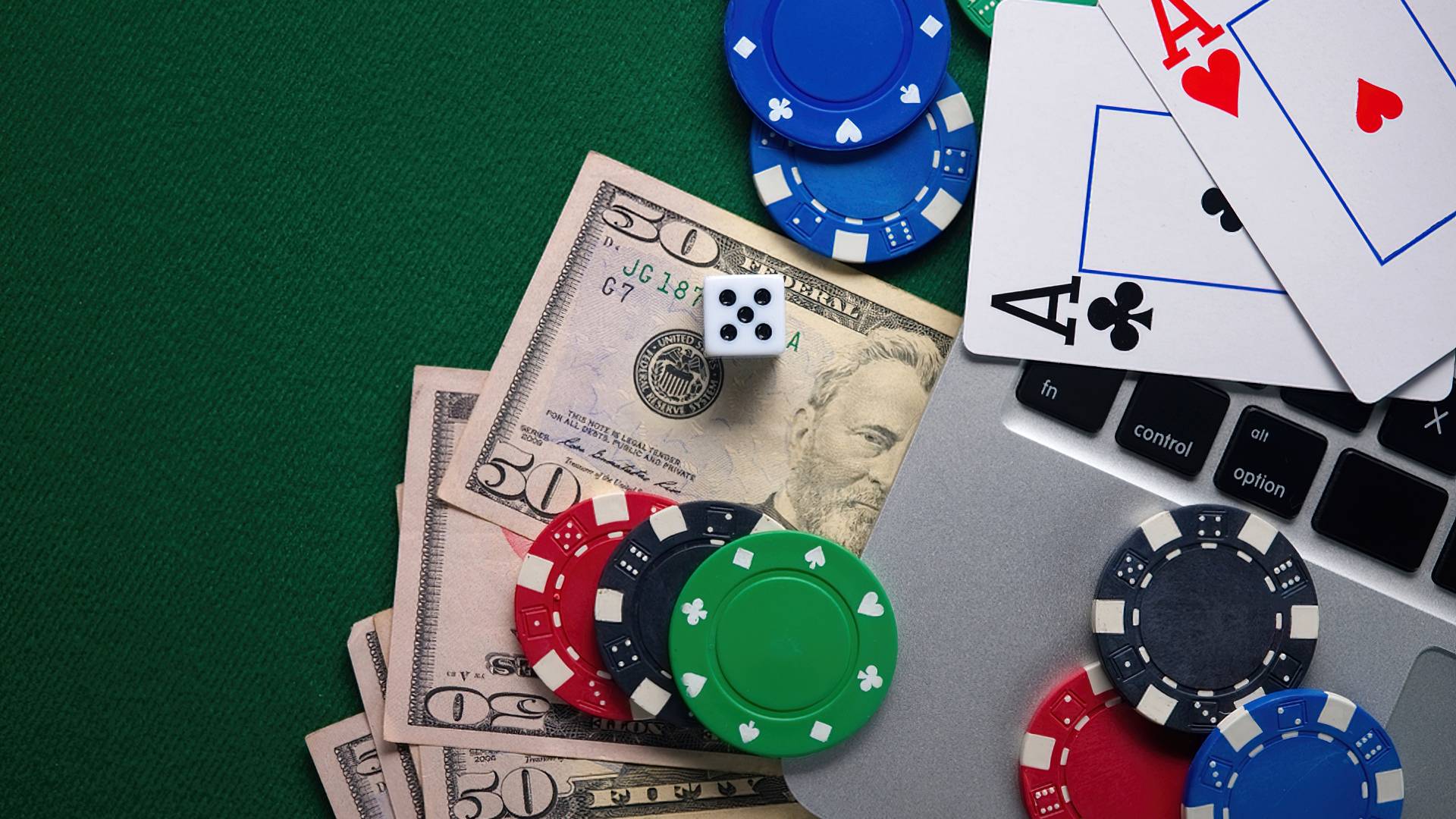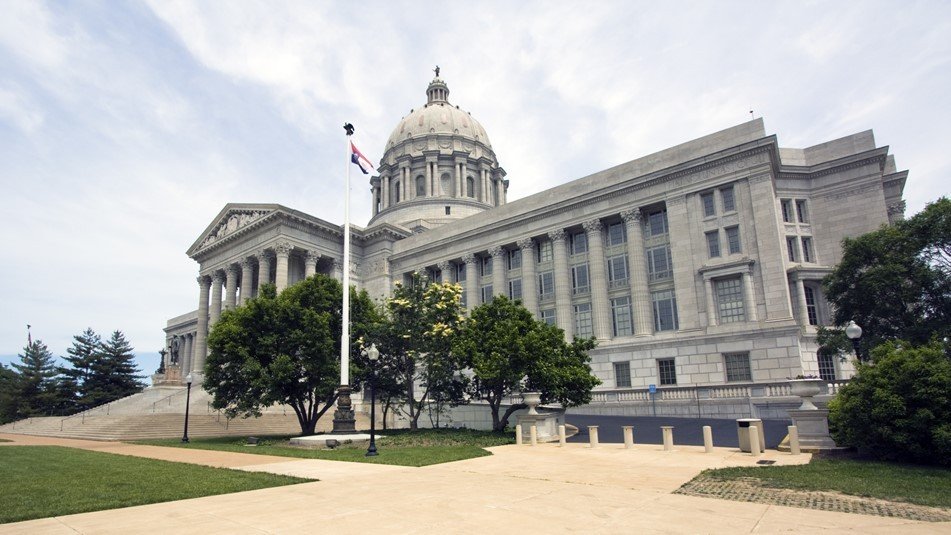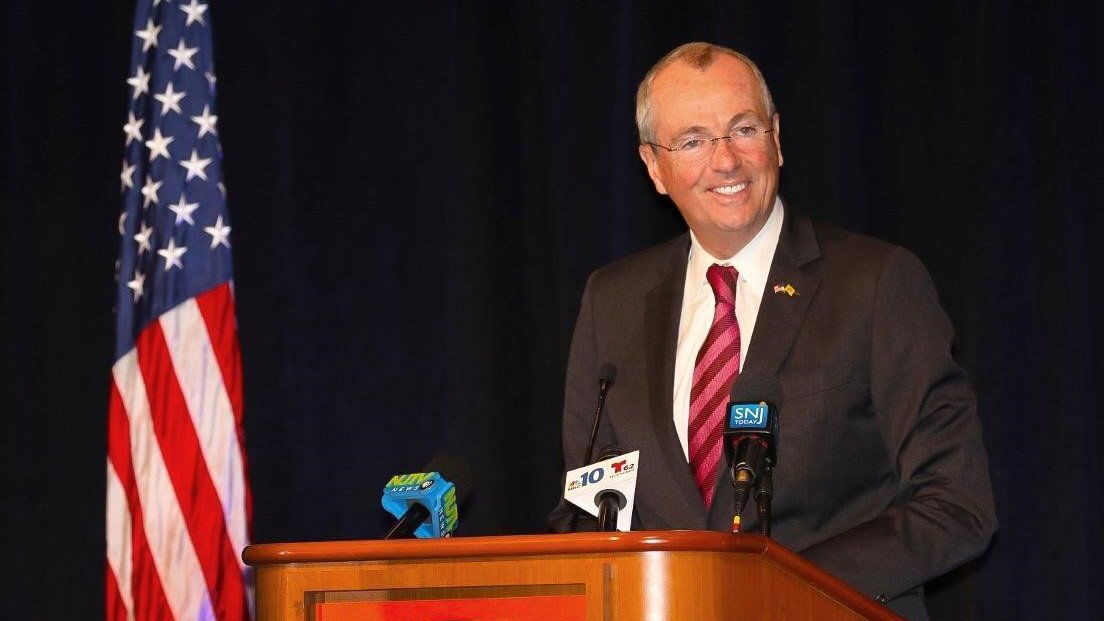Bulgaria extends minimum gambling self-exclusion term to one year

Gamblers in Bulgaria must now self-exclude for a minimum of one year, up from the previous 30-day requirement, following recent regulatory changes. The Bulgarian National Revenue Agency (NRA) announced the new rules on its website, confirming that they have been in effect since March 27.
The increase in the minimum self-exclusion period reflects policymakers' efforts to strengthen player protection. However, the process remains more cumbersome compared to other European countries.
Individuals seeking self-exclusion have two options: they can either email the NRA with a written request or visit an NRA office to submit the request in person at a kiosk. In both cases, the application must include all relevant personal details and an electronic signature.
The cost of this signature, which varies between £3 ($3.88) and £33 ($42.65) depending on the technology used, covers one year, with the option to pay more for a longer-lasting signature.
Once registered, self-excluded individuals are barred from gambling as operators are required to consult the exclusion list and deny them access. According to the NRA, 54,000 self-exclusion requests have already been submitted.
Further insights into the mechanics of Bulgaria’s self-exclusion system can be found in the NRA’s latest podcast episode, featuring Alexander Popov, Director of Gambling Activities.
The development is part of broader gambling reforms introduced last year when Bulgaria’s major political parties came together to update the country’s decade-old regulatory framework. While much of the media focus was on the partial ban of gambling advertisements, self-exclusion was a key component of the changes.
In addition to the extended self-exclusion period, the reforms propose automatically adding individuals receiving social support and those diagnosed with mental health conditions to the registry.
Operators failing to comply with the new self-exclusion rules face strict penalties, including fines of BGN 5,000 ($2,762) for first-time violations, BGN 20,000 ($11,049) for repeat offenses, and potential license revocation for a third breach.


















































